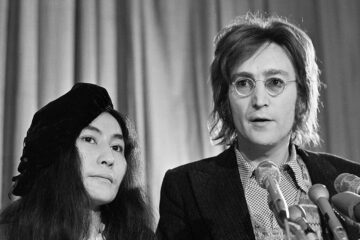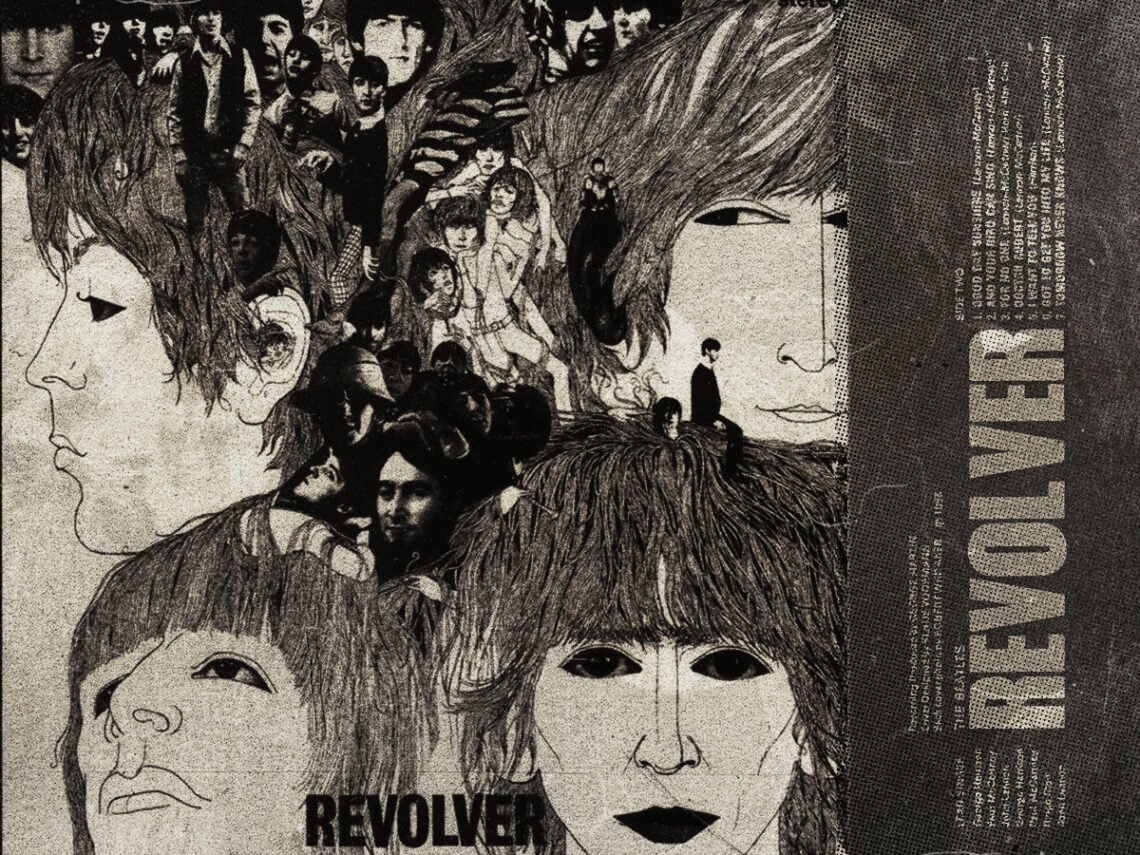While George Harrison etched his name into the history books alongside The Beatles, he began from humble beginnings like any other aspiring musician. When Harrison first picked up a guitar, he regarded a selection of artists as his heroes and attempted to emulate them in the bedroom of his family home in Liverpool.
As rock ‘n’ roll was still in its infancy during Harrison’s adolescence, it wasn’t easy for the budding musician to get his hands on his favourite records. Therefore, when he successfully managed to acquire these songs or even fleetingly heard them on the radio, Harrison would saviour every second of the tracks in question.
During the 1950s, very few rock acts made waves in the United Kingdom. However, the likes of Chuck Berry, Little Richard, and Elvis Presley shattered through the glass, making waves on both sides of the Atlantic Ocean. Harrison, though, was also a fan of artists from closer to home. Notably, the first concert he attended was by Lonnie Donegan at the Liverpool Empire in 1956. This concert changed his life forever and taught him the principles of performing.
While there were many influences in his life, none were more crucial than Carl Perkins. The rockabilly icon was one of the most important acts of the 1950s, crafting classics such as ‘Blue Suede Shoes’ and ‘Matchbox’, later covered by The Beatles.
Additionally, during the Fab Four’s BBC televised special, Pop Go the Beatles, in 1963, they delighted viewers with a version of ‘Lend Me Your Comb’. Furthermore, The Beatles included their takes on the Perkins tracks ‘Honey Don’t’ and ‘Everybody’s Trying to Be My Baby’ on their album, Beatles For Sale.
Although all of The Beatles adored the work of Perkins, Harrison was the biggest fan of his within the group by a significant margin. During an interview with Guitar World in 1991, he said of his hero: “Carl was playing that simple, amazing blend of country, blues and early rock, with these brilliant chordal solos that were very sophisticated. I heard his version of ‘Blue Suede Shoes’ on the radio the other day, and I’ll tell you, they don’t come more perfect than that.”
While Perkins’ sound is rather tame by today’s standards, it blew Harrison away as a teenager, as he’d never heard anything similar. He explained, “And you have to understand how radical that sound was at the time. Nowadays, we have all this digital stuff, but the records of that period had a certain atmosphere.”
Harrison also built up a close friendship with Perkins, as he recalled, “Later, when we met Carl, he was such a sweet fellow, a lovely man. I did a TV special with him a couple of years ago and I used the Gretsch Tennessean again for that, the one I like to call the Eddit Cochran/Duane Eddy model.”
Perkins died in 1998, and Harrison was tasked with performing at his funeral, which sadly marked his final ever public concert. It was a bittersweet day but also the most fitting place for Harrison to bid farewell. At the ceremony, he allegedly told Perkins’ son, Stan, “If it hadn’t have been for your daddy, I never would have picked up a guitar.”
Although Harrison was already fighting cancer at this stage, he found the courage to deliver one final performance of ‘Your True Love’. It represented a full-circle moment as Perkins was also the artist responsible for Harrison picking up a guitar in the first place. Without him, he’d likely have never played his role in forming The Beatles.



